Anti-Androgens Therapy

Anti-androgen therapy refers to medication taken by women to counteract the effect of male sex hormones such as testosterone on the skin. Anti-androgens are not suitable for skin problems in men. ...

Anti-androgen therapy refers to medication taken by women to counteract the effect of male sex hormones such as testosterone on the skin. Anti-androgens are not suitable for skin problems in men. ...

Hatsune Miku also called Miku Hatsune and officially code-named CV01, is a Vocaloid software voicebank developed by Crypton Future Media and its official anthropomorphic mascot character, a ...
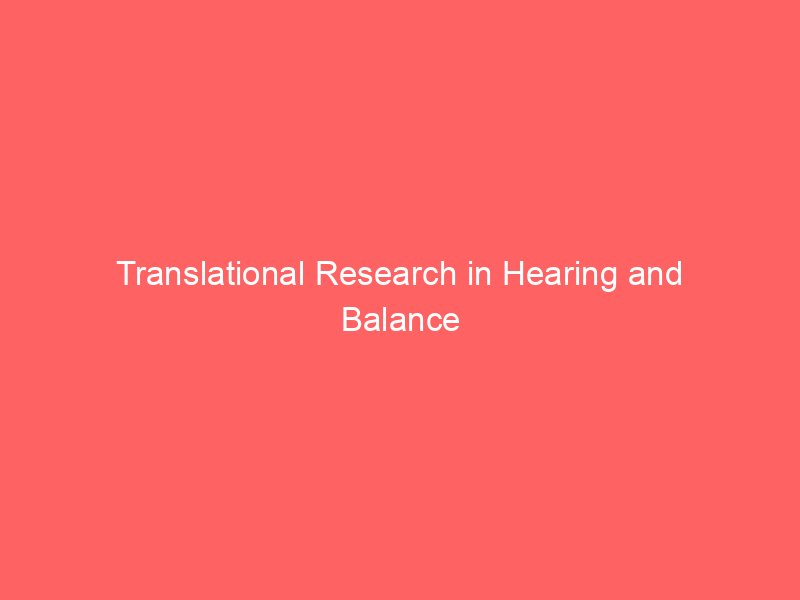
All individuals had been pre-assigned to one of four discussion groups focusing on differing areas of research pertinent to translational research in hearing and balance (Molecular ...
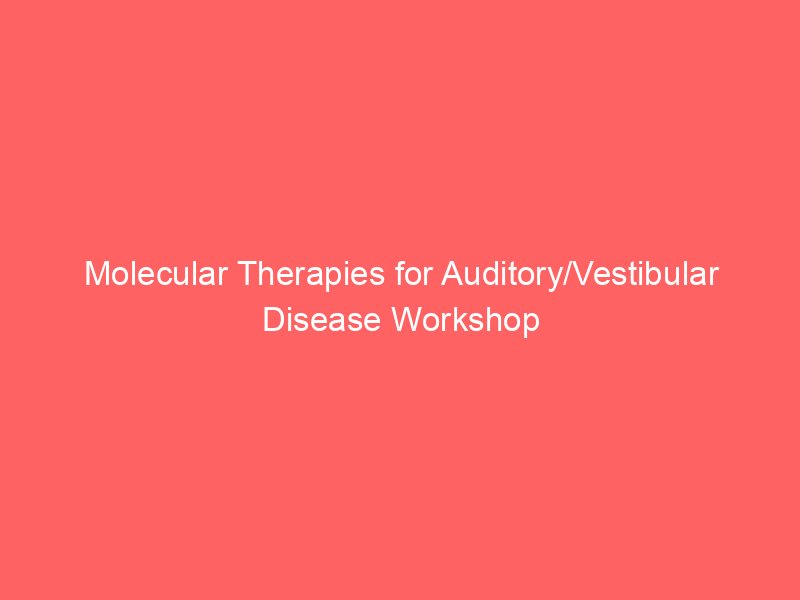
The last decade of molecular and genetic research has increased our understanding of basic processes and diseases within the auditory and vestibular systems. The field is now positioned to advance ...
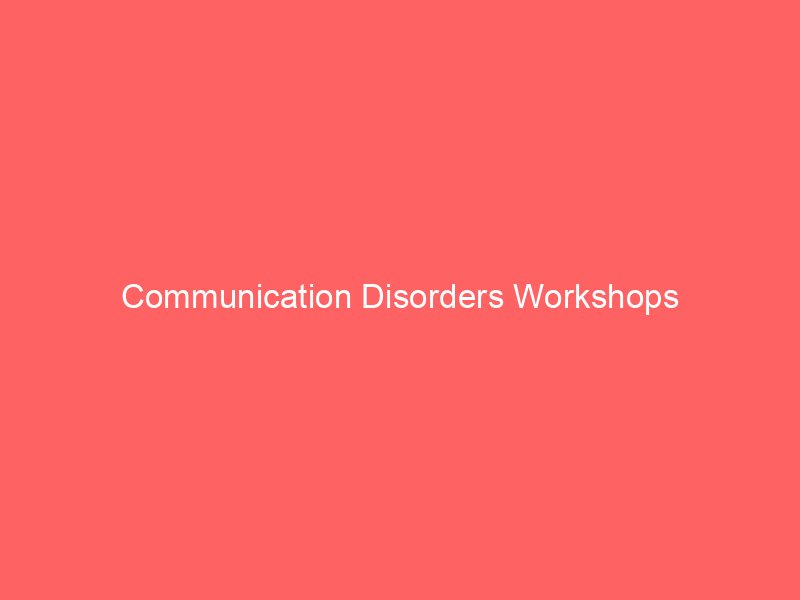
The Epidemiology of Communication Disorders Workshop was held March 29-30, 2005, in Bethesda, Maryland. The purpose was to review current epidemiologic knowledge in the field of communication ...

The NIDCD held a workshop to bring together key people currently doing clinical and basic research in central mechanisms and treatments in tinnitus and others who are outside the field of tinnitus ...
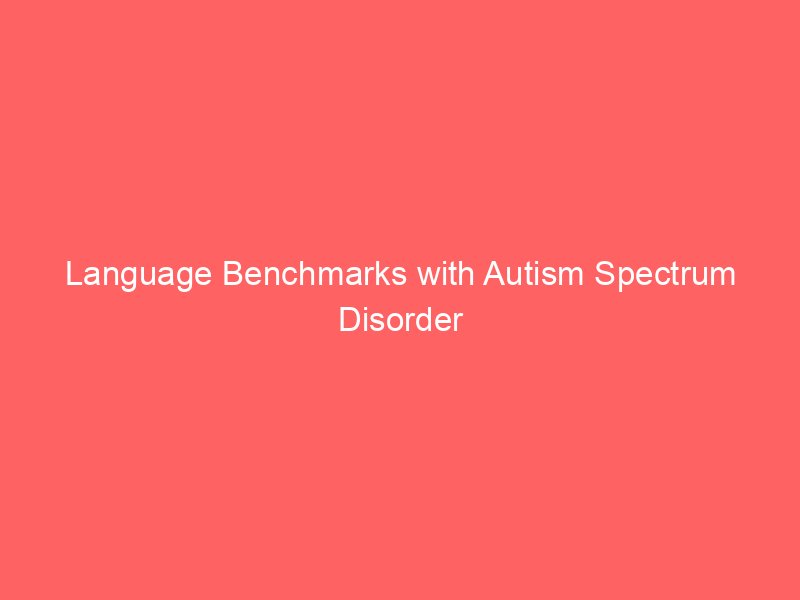
Autism is a neurodevelopmental disorder characterized by primary impairments in social interactions, communication, and repetitive and stereotyped behaviors (American Psychiatric Association, 2000). ...
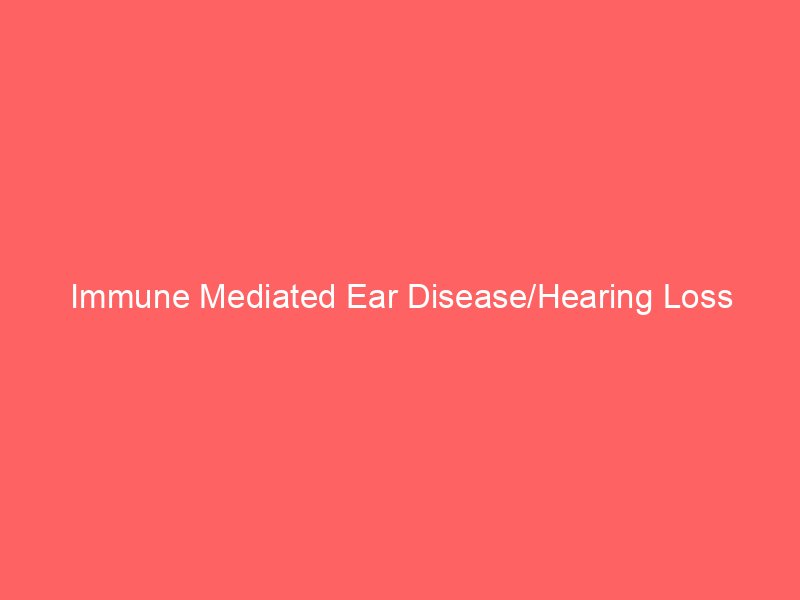
National Institute on Deafness and Other Communication Disorders (NIDCD) convened a workshop at the Hyatt Regency Bethesda in Bethesda, MD, titled Immune-Mediated Ear Disease/Hearing Loss. The goals ...
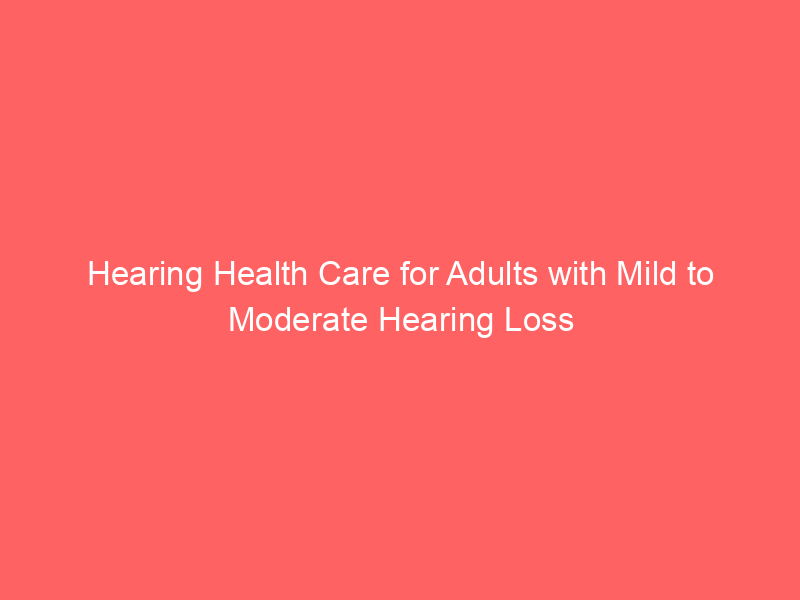
Hearing loss (HL) is a public health issue and is among the leading public health concerns. Approximately 17 percent of American adults, or 36 million people, report some degree of HL1. HL is the ...

Goals of the Workshop What do we know about this population? What are the gaps in our knowledge? What are the research opportunities that will address these gaps in the field? Format ...
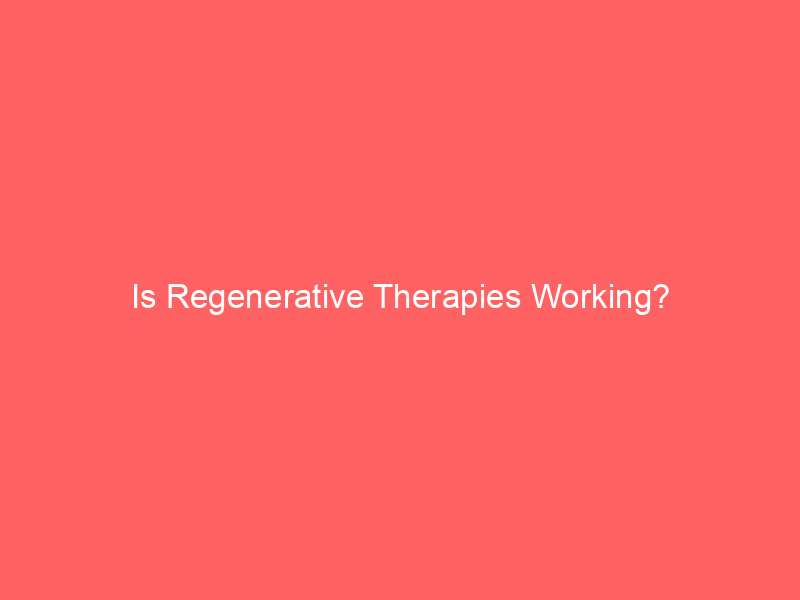
The purpose of the workshop was to discuss and identify research opportunities that will advance/translate targeted molecular approaches into clinical applications. The working meeting was organized ...

Chemosensory (taste and smell) deficits affect the lives of millions of Americans. In one study, nearly a quarter of men ages 60–69 had a smell disorder, while about 11 percent of women in that age ...

The National Institute on Deafness and Other Communication Disorders (NIDCD) held an internet-based workshop to consider the need and potential uses for a portable signal processing tool that ...

The National Institute on Deafness and Other Communication Disorders (NIDCD), one of the National Institutes of Health (NIH), held a programmatic workshop, Towards AAC-BCI Synergy, on September 17, ...

Recent animal studies have revealed substantial irreversible neural degeneration following the temporary noise-induced elevation of the auditory threshold, i.e., temporary threshold shift (TTS). ...

About one of every five people ages 5 years and older in the United States speaks a language other than English in the home. Children who are learning English in addition to a language spoken at home ...